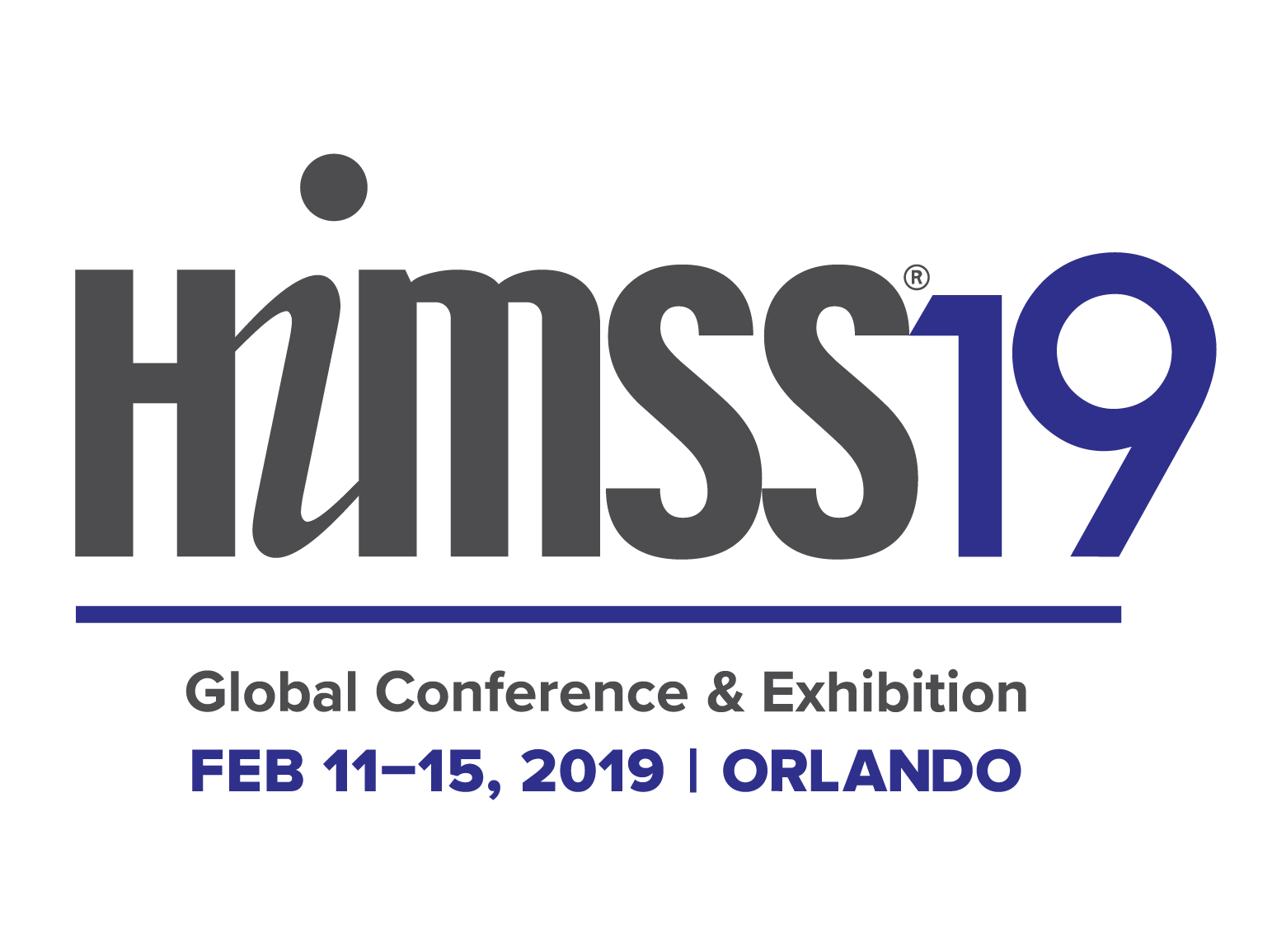The adoption of new file formats or standards will happen slowly in the genomics user base due to the social and academic dynamics of the community. Due to technical and social inertia, replacing these formats is going to be very difficult for the foreseeable future. Perhaps a more formal standards process, driven by the GA4GH, will provide innovations, but this remains to be demonstrated.
At PetaGene we honor and respect these community standards. PetaGene technology provides extreme compression of genomic data without requiring the adoption of a new data structure or file format. Instead we respect the community standards by providing community compliant interfaces to the compressed data. Introducing yet another file format would provide no benefit to the community and only stifle adoption. This is why our products were engineered to present our compressed data as native FASTQ, BAM. or CRAM files.
How Does PetaGene Genomic Data Compression Support the Standards?
While we compress genomic data beyond what GZIP and CRAM can do, we present the data back as the original BAM or FASTQ files. Users and applications never see the compressed data and never need to interact with the compressed file format. Instead we employ functional interposition with the aid of an LD_PRELOAD library that provides dynamic decompression and format translation for all command line tools, applications, and pipelines. In fact, the filesystem representation of the data is also the original .bam or .fastq file names.
Our compression software also has the option to output CRAM formatted files that are created by our compressor and written to a CRAM 3.0 specification compliant file. As such, any CRAM aware tool or application can read the file without the aid of our decompression library (PetaLink). We are completely interoperable with the community standards and there is no lock-in with our compression technology.
Thus PetaGene compression technology supports the existing standards by providing users with perfectly GA4GH compliant FASTQ, BAM, or CRAM data.
What Are The Benefits of This Approach?
Supporting the community standards makes our technology immediately interoperable with all bioinformatics tools. There are no barriers to adoption and we fit right into the ecosystem of tools and technologies for processing, storing, and retrieving genomic data.
We also eliminate a major integration problem that any new format would create: being compatible with existing tools and avoiding any modification or coding to add the technology into existing workflows. By presenting data back to a tool as data it already knows, we eliminate the integration -- it just works straight out of the box. This is essentially zero-code integration.
The last reason is because BAM and FASTQ are stable formats and widely used. There is no need to propose a new format to fit our needs and expect the rest of the community to bend to our will. This does not advance bioinformatics or our business.
Open Access
Our compression technology is not open-source, it is open access. The software requires a commercial license but the basic read-back library (PetaLink) is “open access” such that it is always free and always available via petagene.com. The paid license is required for compression but not decompression. For most applications the files are compressed once to achieve storage savings and then decompressed many times. PetaLink remains free to use after the compression license has expired or depleted.
The cloud edition version of PetaLink has many additional features and requires a license.
Sustainable Commercial Support
PetaGene provides business value by making genomic data smaller and faster. Smaller data files translate into reduced storage costs and more budget for primary research activities. Faster data movement reduces processing time which accelerates discovery or provides a clinical result sooner. In our business model, we earn revenues when clients save time and money.
We charge only for compression and license fees are based on compression savings. Clients recover these fees from only a few months of storage savings. Afterwards, clients accrue 100% savings, month after month. Within one year, clients save an average of 50% in storage costs. In 5 years, these savings are over 10x of our original fee to compress the data.
We use these revenues to provide prompt and responsive support to users, fix defects, and continue to improve the product is a sustainable manner.
PetaGene also provides a fully supported, commercial implementation option for CRAM genomics data compression, should you require CRAM. Our CRAM implementation has some additional features: our reference-free compression, storage of CRAM compliant files, and transparent read-back of CRAM files to BAM with universal support of tools that don’t support CRAM. Our CRAM files can be read and processed by any tools that support CRAM v3. We will support your integration, operations, and provide technical assistance should you ever encounter problems with CRAM.
PetaSuite is a fully supported, commercial option for genomic data compression and a commercially supported implementation of CRAM. We provide clients with full warranty and support while using our software or using CRAM.



